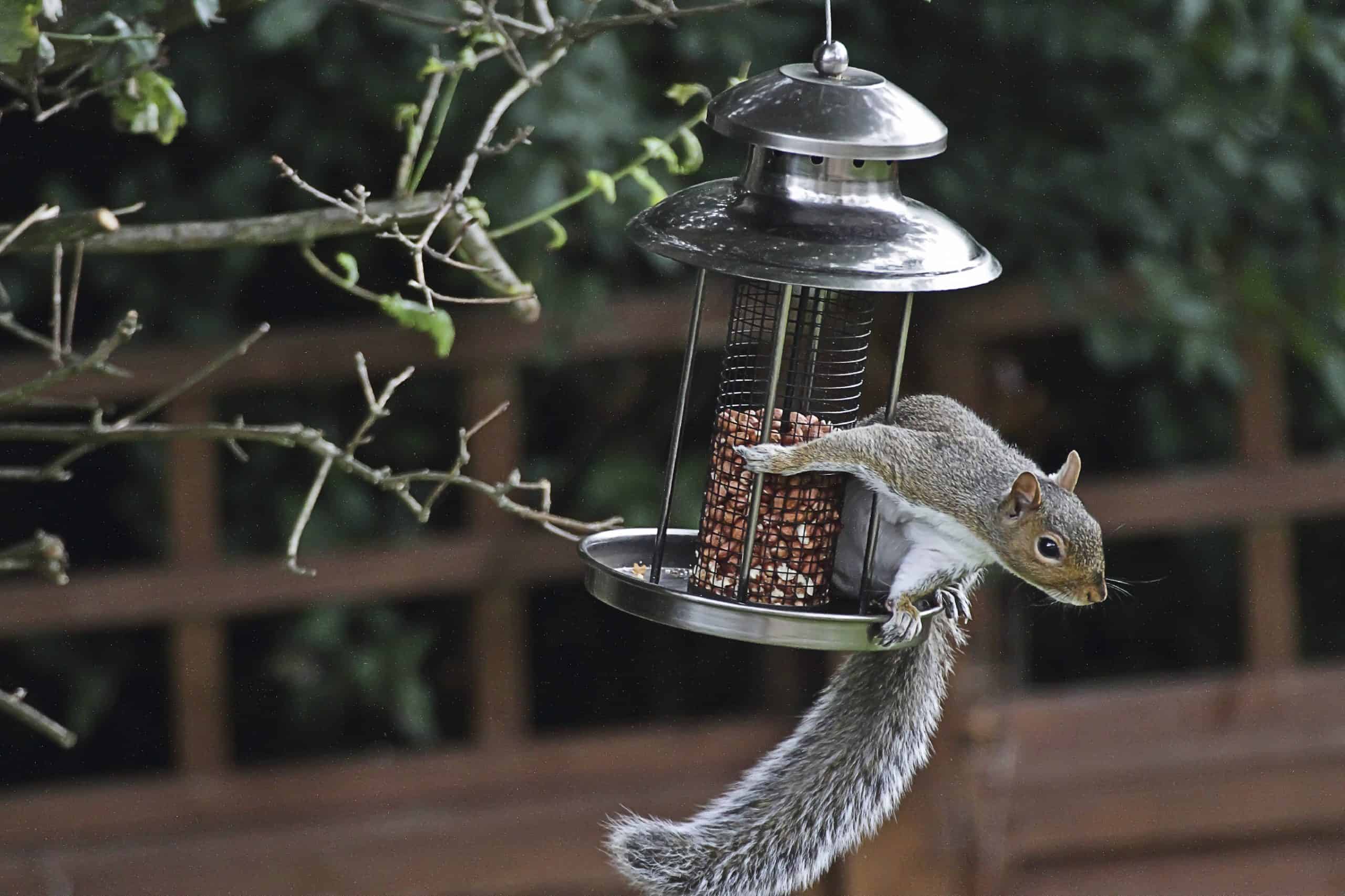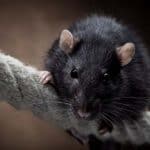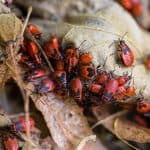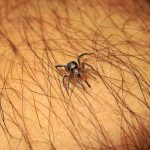Squirrels are well known for their bushy tails, frenzied running patterns, and for hiding nuts out in nature. These common animals can be found across the country, but some homeowners may not realize the threats these furry creatures can actually pose. Similar to other rodent species like rats and mice, squirrels can cause problems during the winter in particular, as they search for food and even shelter indoors. Although they are not known to spread serious diseases to humans, they can bite and can also cause significant property damage. As such, homeowners need to understand the threats posed by these animals and learn how to keep squirrels away.
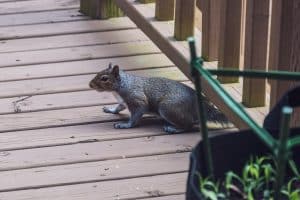
Squirrel Habits
Squirrels are actually considered rodents and typically have bushy tails, slender bodies and large eyes. The term “tree squirrels” is commonly used to refer to several species, including gray squirrels, flying squirrels and fox squirrels. Although some people might assume they only eat nuts, squirrels are actually omnivores, meaning they eat meat and plants as well. Due to food sources like fruits, nuts and small insects being variable and weather dependent, they will bury food to save it for colder months when food becomes scarce.
Depending on the species, squirrels can usually be found in a variety of different forest types, building tree nests out of leaves, twigs and bark. During the winter, some squirrels will take shelter in tree holes while others will try to make their way into buildings and structures such as residential homes. Among other places, homeowners may discover squirrels in the attic, as this area provides insulation and can be easily accessible for these animals from nearby trees. If this is an issue for you, contact a local pest control professional for squirrel removal from your attic.
Squirrel Threats
If squirrels get inside a home, they are capable of causing considerable property damage. Similar to other rodents like rats and mice, squirrels can chew through various materials. In the attic in particular, squirrels can create holes in siding and damage insulation. Additionally, if they’re able to access electrical equipment, they can really do a number on heating and air conditioning systems and can easily chew through electrical wiring. Furthermore, a squirrel’s urine and feces leave a very unpleasant odor in any room that they’re able to access. Even outdoors, squirrels can damage electrical wiring and telephone cables, as well as chew through exterior siding.
Squirrel Prevention
To protect your home, it’s important to know how to keep squirrels away. Follow these tips to help prevent squirrels from invading:
- Screen vents and chimney openings
- Seal entry points around the house, such as cracks and small openings around windows and doors
- Make sure tree limbs are cut back 6 to 8 feet from the roofline
- Dispose of garbage regularly using a sealed container and keep food in airtight containers
- If you have fruit trees on your property, pick or dispose of ripe fruit promptly
If you do discover or suspect you have a squirrel problem, the most effective and safest way to get rid of squirrels is to contact a licensed pest control professional. Squirrel removal from the attic or other parts of the house can be dangerous and should be done by a trained professional, as squirrels are known to bite when threatened. Although they might seem soft and cute, a squirrel infestation should be taken seriously, as squirrel prevention is essential to protecting your home.

